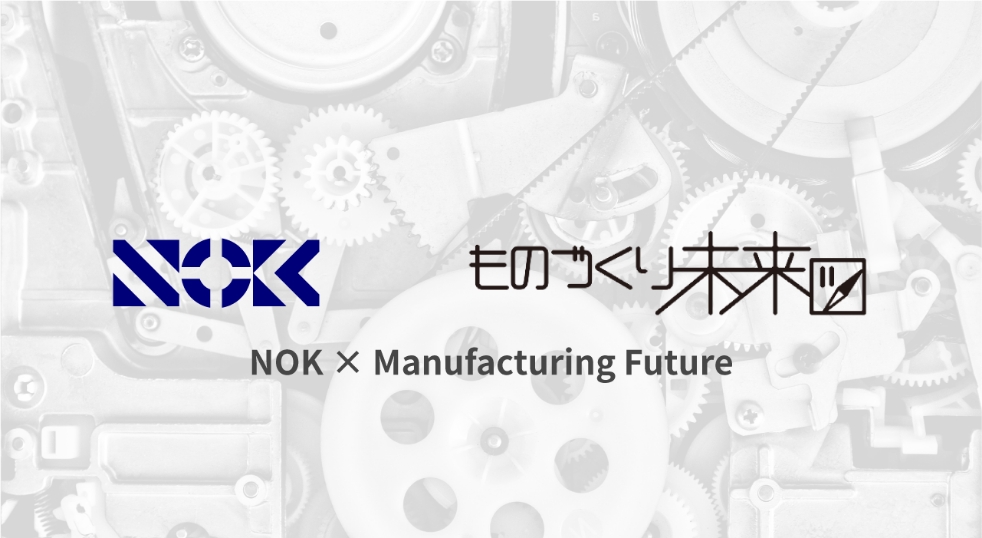Stretchable FPC (Part 1): How a Stretchable Substrate Resembling a Medical Patch Found Its Way into Beauty Device Electrode Sheets
Printed circuit boards are a key component of electronic devices. When thinking of circuit boards, many people picture rigid boards densely populated with IC chips. However, flexible printed circuits (FPC), which are pliable and capable of withstanding repeated deformation, are commonly used in thin, compact devices such as cameras, smartphones and tablets. Within the NOK Group, Mektec is a key player in advanced FPC technology and has pioneered new applications.
Mektec developed the ultra-thin, stretchable FPC, which is as soft and pliable as a medical patch. This flexibility and stretchability make it suitable for medical devices that adhere to the body to measure brainwaves and other vital signals. More recently, FPC have been used in beauty devices as electrode sheets that adhere to the skin.
The core technology enabling this level of flexibility and stretchability is called printed electronics (PE), which prints electronic circuits directly onto substrates. However, the journey to commercialize the PE-based stretchable FPC was far from straightforward. Two development projects utilizing PE technology were halted. By leveraging the lessons learned and gradually adapting their product goals, however, Mektec persevered. This persistence, combined with a shift in mindset toward addressing societal needs, ultimately led to the creation of the stretchable FPC we have today. Originally driven by the goal of reducing FPC manufacturing costs, Mektec's journey to producing electrode sheets for medical and beauty devices is a story of innovation.


